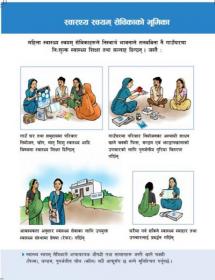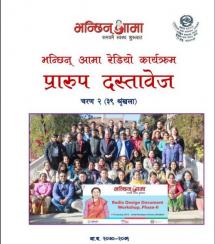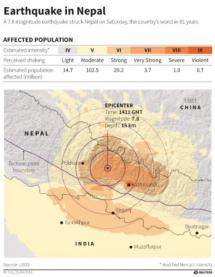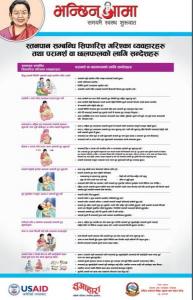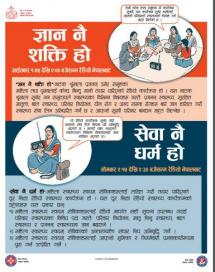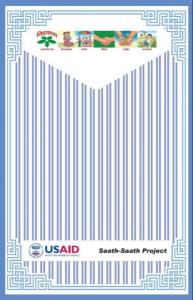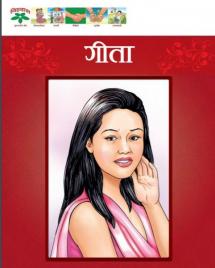Radio Health Program (RHP) Distance Education (DE) Flexes
The Nepal Family Health Program (NFHP-I) was a six-year (2002-2007) activity which concentrated on strengthening the government’s health system by ensuring the provision of a basic package of quality Family Planning and Maternal and Child Health Services at every level of the health care system, particularly at the community level.
To support the promotional activities of the Radio Health Programs which were part of the activity, this set of posters was created. The topics covered include family planning, child health, nutrition, diarrhea, and pregnancy.
Source: Johns Hopkins Bloomberg School of Public Health/ Center for Communication Programs
Date of Publication: March 25, 2019
SIMILIAR RESOURCES
Tools
Examples
- Family Planning Counselling Kit
- Suaahara Training Guidelines and Participant Handbooks
- Community Communication MNCH e-Manual: Participatory Health Promotion Sessions
- Men's Reproductive Health Curriculum
- GESI Toolkit
- The Infection Control Symbol Package
- Men's Health Kit
- Promoting Quality Malaria Medicine through Social and Behavior Change Communication
- Innovation Brief: Engaging Influencers and Non-Traditional Actors in Participatory Processes for Family Planning Program Design
- Innovation Brief: Breaking Down Barriers to Family Planning Access by Engaging Agents of Change

